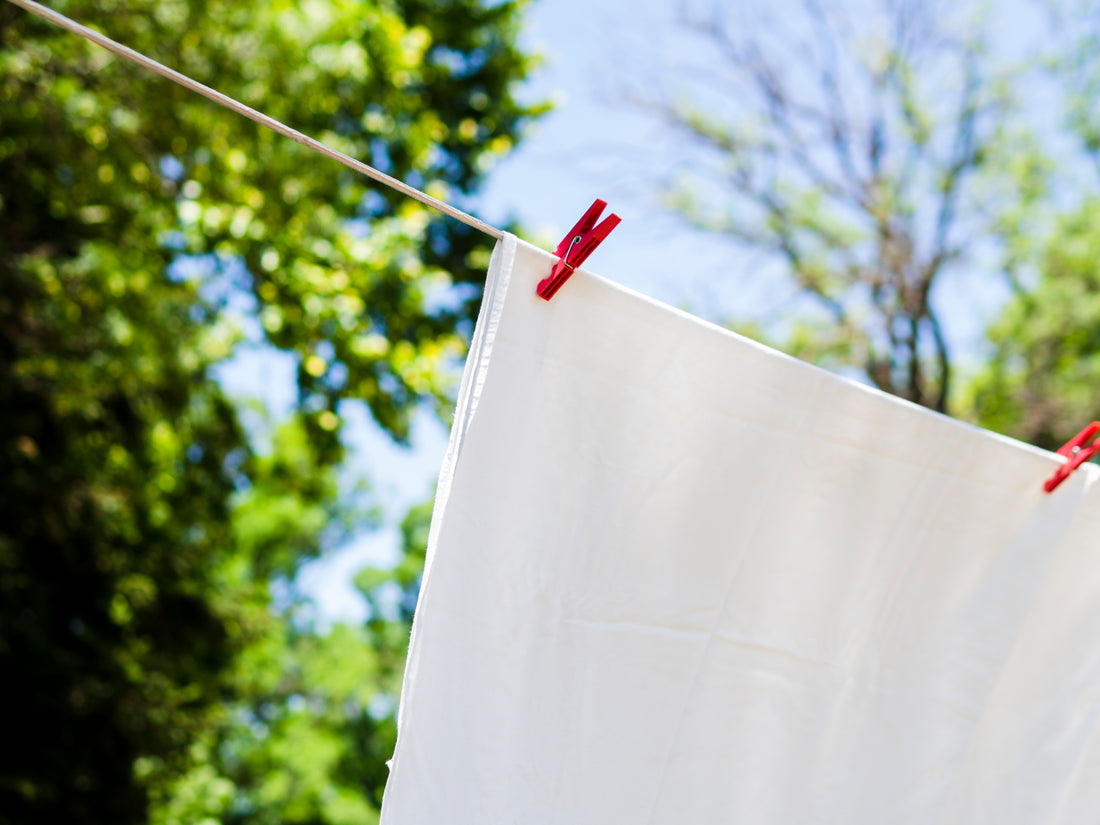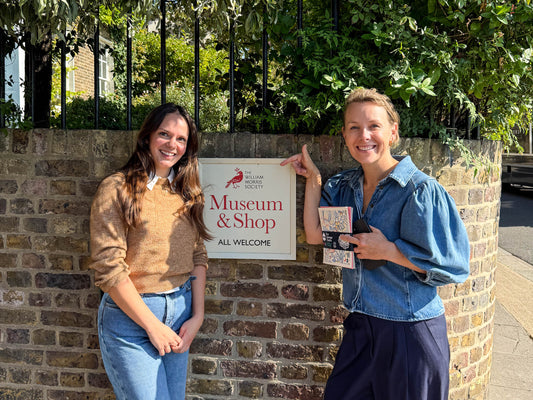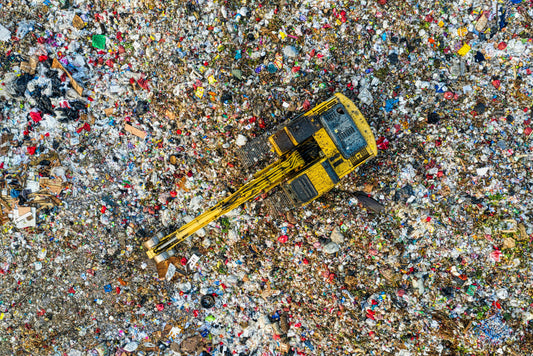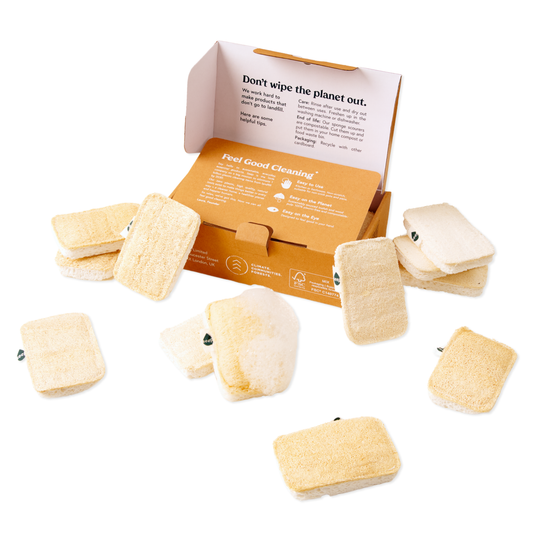
When it comes to natural disinfectants, few things are as powerful and readily available as the sun. The question “Does the sun kill bacteria?” is one that has intrigued scientists, health enthusiasts and everyday people alike. The answer is a resounding yes, and here's why...
The science behind sunlight and bacteria
Sunlight is composed of different types of rays, including ultraviolet (UV) rays. UV rays are known for their germicidal properties, meaning they can kill microorganisms like bacteria and viruses. The most effective type of UV rays for killing bacteria is UV-C, which has the shortest wavelength and highest energy among UV rays. UV-C rays can damage the DNA and RNA of bacteria, rendering them incapable of replicating.
Practical applications of sunlight for disinfection
-
Drying laundry outdoors
Hanging clothes out to dry in the sun is a traditional practice that not only saves energy, but also allows the UV rays from the sun kill bacteria and other pathogens present on the fabric. This is particularly useful for items like towels, bed linens and underwear, which harbour bacteria more easily. -
Sun bleaching
Beyond killing bacteria, sunlight can also help bleach fabrics, making them look brighter and cleaner. The UV rays break down chemical bonds in stains and disinfect at the same time. -
Disinfecting household items
Items such as cutting boards, dishcloths and children’s toys can be placed in direct sunlight to reduce bacterial contamination.
Considerations
While sunlight is a powerful disinfectant, there are limitations to its effectiveness. The intensity of UV rays can be affected by factors such as weather conditions, time of day and geographical location. For instance, UV intensity is higher during midday and in regions closer to the equator. Cloud cover and pollution can reduce the penetration of UV rays.
Moreover, UV-C rays, which are the most effective at killing bacteria, are mostly absorbed by the Earth’s ozone layer and do not reach the surface in significant amounts. However, UV-A and UV-B rays still contribute to bacterial inactivation, although to a lesser extent.
So, does the sun kill bacteria? Absolutely. The natural disinfecting power of the sun’s UV rays has been harnessed for centuries to promote hygiene and cleanliness. Embrace the power of the sun and let its rays help you maintain a cleaner, healthier environment ☀️







